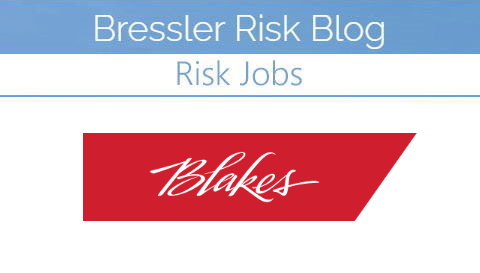Risk News — Side-switching Success? Lawyer “Dabblers” Create Discipline “Nightmares”
Posted on
“11th Circ. Won’t Nix $40M Arbitral Award Over Conflict Claims” —
- “The Eleventh Circuit affirmed a $40 million arbitral award in an oil refinery construction dispute that involved an attorney switching sides during arbitration, with the judges noting Friday that the losing side improperly waited more than a year before objecting.”
- “In a 15-page opinion, a three-judge panel sided with a Florida federal court’s decision to grant the $40 million award, agreeing with its finding that the rule otherwise would allow one party to ‘keep a proverbial ace up its sleeve.'”
- “The decision follows the tenor of oral arguments held in Atlanta a week ago, where Chief U.S. Circuit Judge William H. Pryor Jr. said Peruvian construction company Tecnicas Reunidas de Talara SAC, or TRT, was fully aware during the arbitration with a subcontractor that one of its lead attorneys in the matter joined the law firm representing the subcontractor in the dispute.”
- “‘Because Técnicas Reunidas de Talara SAC, the losing party in the arbitration, had knowledge of the attorney side-switching but did not object until Técnicas received an adverse award more than a year later, Técnicas waived its right to complain,’ the appeals court ruled on Friday. ‘We affirm the judgment confirming the arbitral award.'”
- “TRT further raised three arguments for why it did not waive the public-policy violation, but the panel determined they all fail. In particular TRT tried to argue that it had no avenue to challenge the side-switching during arbitration, and that it could only raise its defense during the award-enforcement stage.”
- “The USPTO’s Office of Enrollment and Discipline has become increasingly active in the last several years, particularly in investigating business or general practice attorneys who dabble in trademark law. Many have learned the hard way–through an ethics inquiry and possible disciplinary decisions–regarding the intricacies and nuances of practice before the USPTO in trademark matters.”
- “A ‘dabbler,’ almost by definition, is dangerous–at least in the sense that he or she has not invested the hours, days and years of regular engagement to achieve mastery of a particular area of law. “
- “There is nothing, of course, per se wrong with ‘dabbling,’ provided the lawyer provides competent legal representation. Dabblers must answer the question: Even though I may have never done this before, or have only done this service once in a while, do I have (or can I get) the knowledge, education, skill and training to provide the service that is asked of me, and to otherwise accomplish the objectives of my client, all at a reasonable fee (among my other ethical obligations)?
- “Trademarks and copyright applications, on the other hand, present differently. At first blush, they appear relatively simple… Some lawyers are deceived by the apparent simplicity of those form-based filing practices. The truly complexities often do not become apparent until the application is examined and the Office issues a lengthy office action with multiple unexpected rejections. The dabbler may find themselves looking down a barrel of rejections they barely understand and asking a lot of questions for which they have no answers.”
- “An attorney who appears before the USPTO is subject to discipline by at least two different authorities: (1) the USPTO’s Office of Enrollment and Discipline; and (2) the state bar (or bars) in which the attorney is admitted.”
- “But sadly, that attitude fails to account for the fact that each disciplinary jurisdiction in the United States gives full faith and credit to the disciplinary decisions of every other authority. And it is a violation of the rules of professional conduct in any state for an attorney to be disciplined by another jurisdiction. Thus, a license suspension from the USPTO will not just cause the attorney to lose his or her ability to practice before the agency. It could impact their state law license too.”









